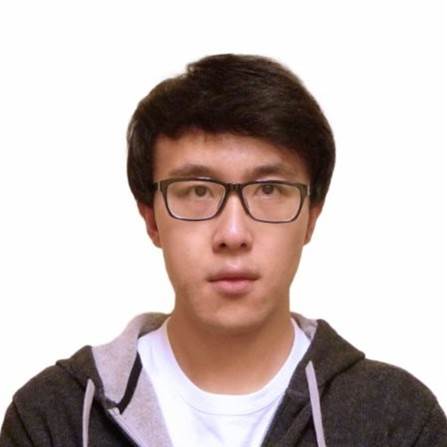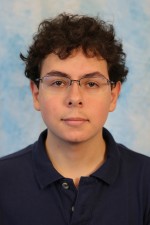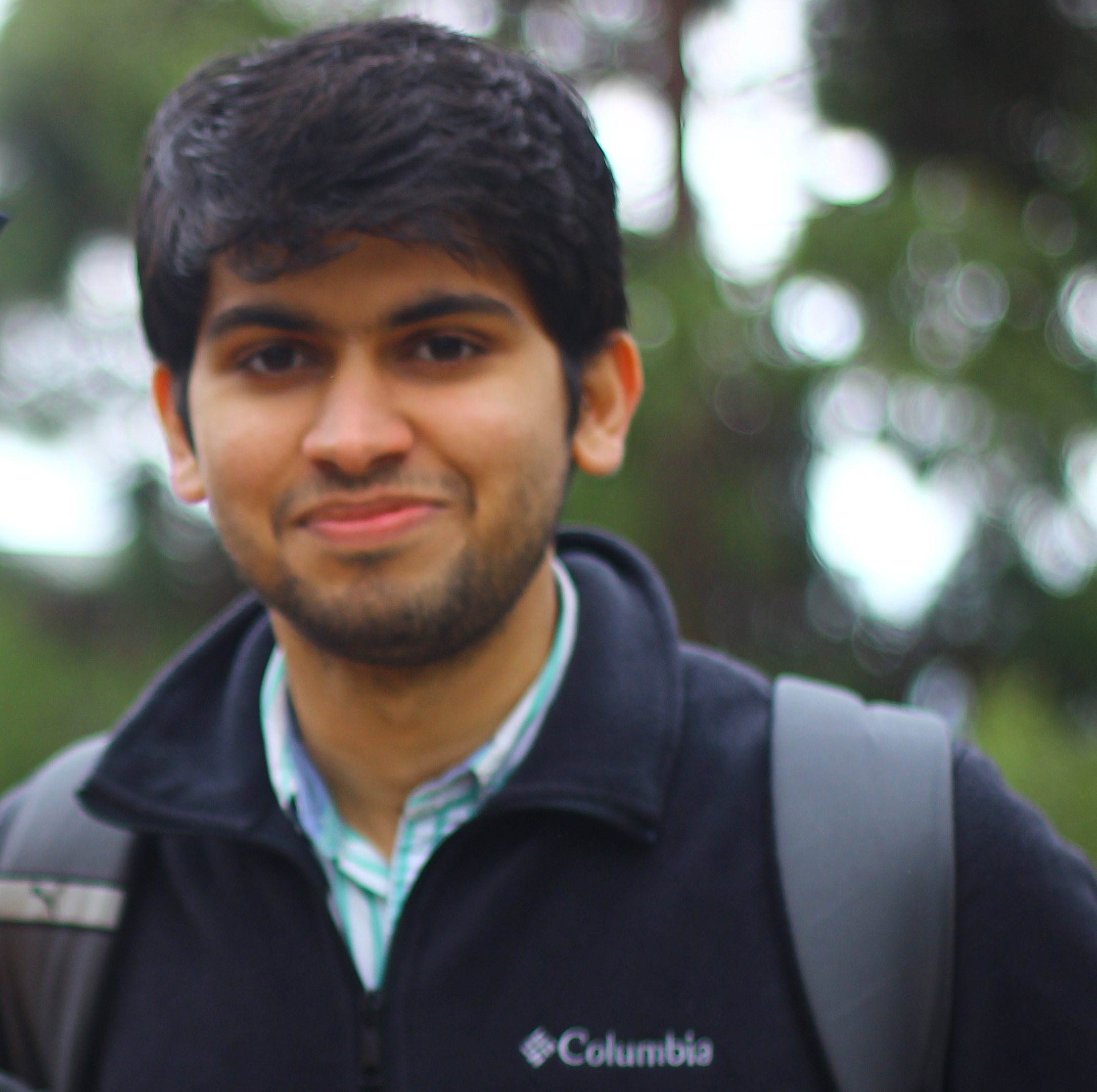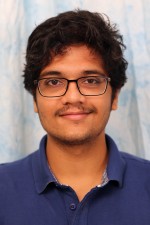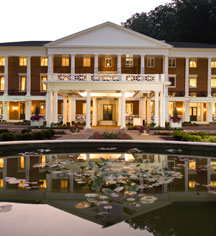Deep Representation Learning with Induced Structural Priors
Abstract: With the support of big-data and big-compute, deep learning has reshaped the landscape of research and applications in artificial intelligence. Whilst traditional hand-guided feature engineering in many cases is simplified, the deep network architectures become increasingly more complex. A central question is if we can distill the minimal set of structural priors that can [...]
Carnegie Mellon University
Generative Models of Orbital and In Situ Data for Autonomous Science
Abstract: The mapping and characterization of planetary bodies relies on the analysis of data collected by spacecraft and orbiters. For example, the instruments carried by the Mars Reconnaissance Orbiter have been crucial in the mapping of landforms, stratigraphy, minerals, and ice of Mars. These instruments provide extensive contextual information, but factors such as sparsity, resolution, [...]
Carnegie Mellon University
Automated design, accessible fabrication, and learning-based control on cable-driven soft robots with complex shapes
The emerging field of soft robots has shown great potential to outperform their rigid counterparts due to the soft and safe nature and the capability of performing complex and compliant motions. Many are built, but the designs are conservative and limited to regular shapes. The widely-used fabrication method contains bulky pumps, tethered tubings, and silicone [...]
Lifelong Learning via Curiosity and Self-supervision
Abstract: Humans demonstrate remarkable ability to generalize their knowledge and skills to new unseen scenarios. One of the primary reasons is that they are continually learning by acting in the environment and adapting to novel circumstances. This is in sharp contrast to our current machine learning algorithms which are incredibly narrow in only performing the [...]
Carnegie Mellon University
Learning to Forecast Egocentric and Allocentric Behavior in Diverse Domains
Abstract: Reasoning about the future is fundamental to intelligence. In this work, I consider the problem of reasoning about the future actions of an intelligent agent. This poses two key questions. How can we build learning-based systems to forecast the behavior of observed agents (third-person, "allocentric forecasting")? More challenging is the question: how should we [...]
Carnegie Mellon University
Designing Interactive Systems for Community Citizen Science
Abstract: Citizen science forges partnerships between experts and citizens through collaboration and has become a trend in public participation in scientific research over the past decade. Besides this trend, public participation can also contribute to participatory democracy, which empowers citizens to advocate for their local problems. This strategy supports citizens to form a community, increase [...]
Design with Interpretability in Mind: An Alternate Ethos for Data Science
Abstract: The fields of Machine Learning and Data Science generally follow the paradigm that “the ends justify the means”, where improving predictive power of an algorithm is considered of paramount value, even when implemented at the expense of model intelligibility. While accuracy is an important performance metric, interpretability should be a major consideration for many [...]
What can this robot do? Learning Capability Models from Appearance and Experiments
As autonomous robots become increasingly multifunctional and adaptive, it becomes difficult to determine the extent of their capabilities, i.e. the tasks they can perform and their strengths and limitations at these tasks. A robot's appearance can provide cues to its physical as well as cognitive capabilities. We present an algorithm that builds on these cues [...]
2018 Robotics Institute Faculty Retreat
Private Event: By Invitation Only The 2018 two-day RI faculty retreat will be held at the Omni Bedford Springs Resort, Monday-Tuesday, June 11-12. More information to follow as we get closer to the date. Thank you!
